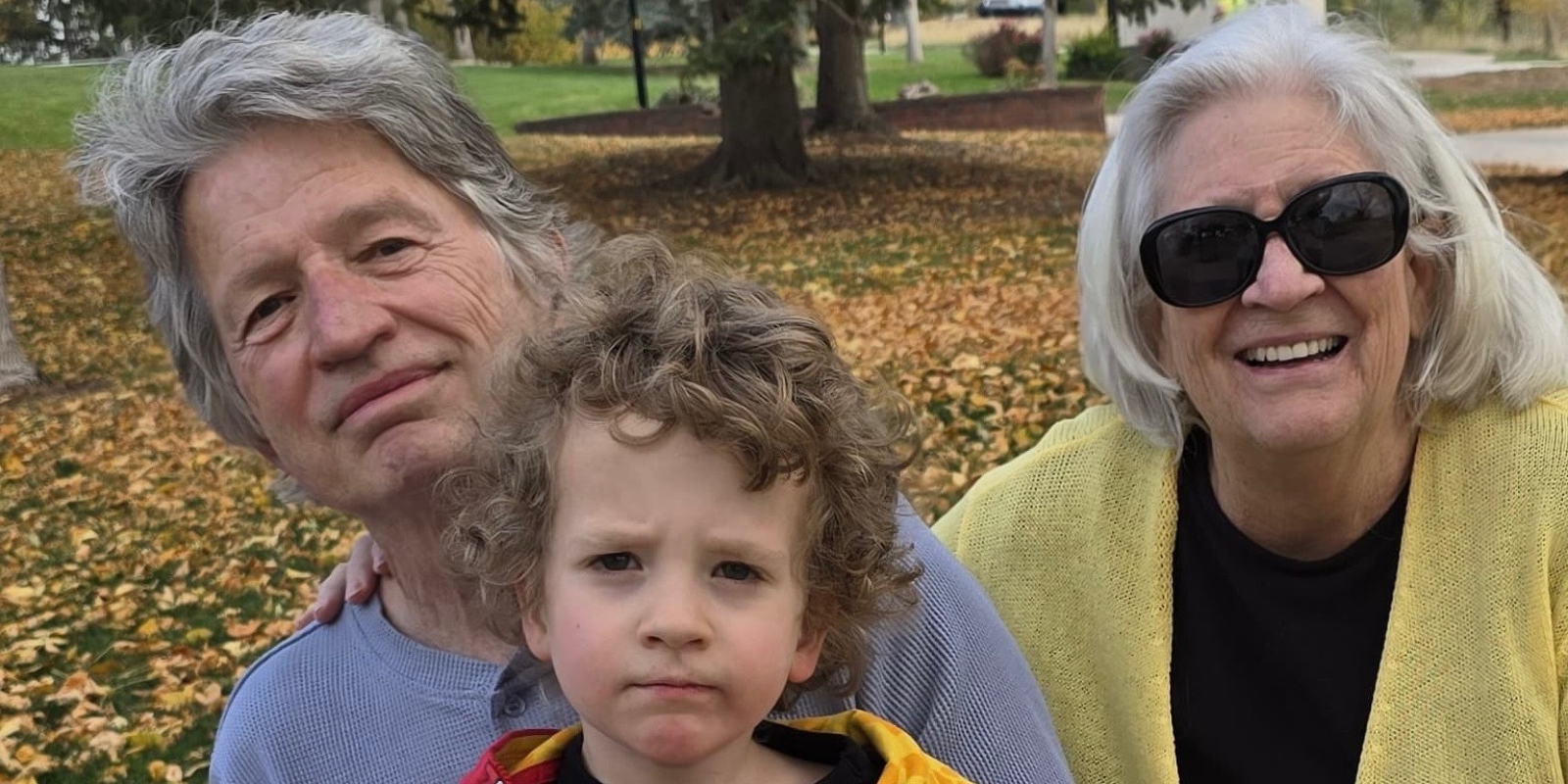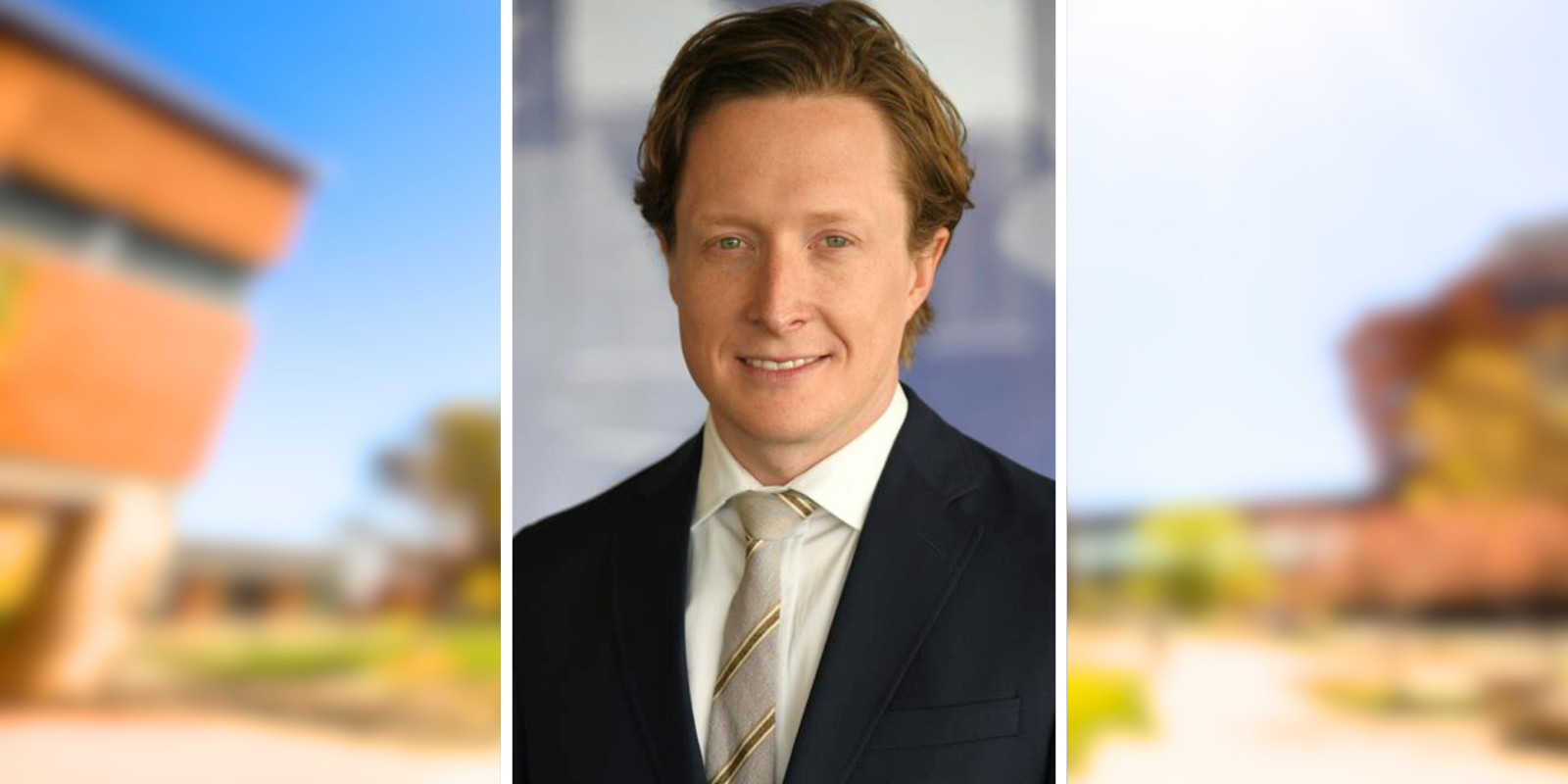The Division of Cardiothoracic Surgery in the University of Colorado Department of Surgery has named Joseph Cleveland Jr., MD, as the new division chief.
In his new role, Cleveland brings a commitment to growing diversity, equity, and inclusion in cardiothoracic surgery, supporting surgical research, and increasing the division’s profile locally, regionally, nationally, and internationally.
“We have a high-performing, robust set of programs, everything from end-stage heart failure to structural heart disease, arrhythmia surgery, as well as robust lung cancer and esophageal cancer surgical programs,” Cleveland says. “All of these things are in place, so one of my goals is to take something that is a superb program and work with the incredible talent we have on our faculty to increase our footprint in the Denver metro area and increase what we’re known for as a strong regional program into one of the marquee programs nationally and internationally.”
Supporting surgical research
Cleveland began his career with the CU Department of Surgery in 1991 as a surgical intern and also completed his residency and a thoracic and cardiac fellowship in the department. In 2001, he joined the faculty as an assistant professor and started the mechanical circulatory support/left ventricular assist device (LVAD) program. He was named surgical director of cardiac transplantation in 2003.
Cleveland has also pursued research interests that include clinical trials for structural heart disease and mechanical circulatory support. He serves as one of the national principal investigators for the MOMENTUM 3 trial, which is the largest randomized trial ever conducted with LVADs.
“We have a robust translational research lab and are committed to supporting surgeons who have an interest in and desire to conduct research,” Cleveland says. “We want to increase our footprint in clinical trials and access to new devices, investigational devices, so we can offer this to patients as something they might not be able to access elsewhere.
“Our team wants to encourage all levels of our translational research and applied research, and emphasize that we’re hypothesis driven and on the leading edge of new therapies that are going to benefit patients.”
Meeting local needs
By supporting surgical research and seeking opportunities to partner with companies developing new devices and technologies, “we’ll continue working toward being disease managers rather than just surgeons,” Cleveland says, adding that a holistic, multidisciplinary approach to surgical care benefits patients as surgeons are able to evolve from being just procedure-focused to disease-focused.
“For example, we work very closely with our colleagues in cardiology for catheter-based heart valve treatment, and our team brings to the table the knowledge of what that valve actually looks like because we’ve seen it thousands of times,” Cleveland says. “We’re able to bring that treatment piece, and it’s an important part of continuing to build trust and continuity of care with our patients.”
Cleveland emphasizes the importance of trust between surgeons and their patients, a motivating factor in his commitment to continuing to grow diversity, equity, and inclusion in cardiothoracic surgery.
“Our commitment is to educating the next generation of surgeons, but it’s vital that they look different than the traditional cohorts of white male surgeons,” he says. “About 10 to 15% of our surgeries are very serious to acute – heart attacks, lung cancers, other serious diagnoses. In many of these cases, patients aren’t having weeks or months to make decisions, but minutes or hours. It’s so important that they can have faith and trust in the provider that they’re going into this with, and a lot of times that means being able to recognize themselves in their surgeon.”
He adds that while he’s entering his new role with the goal of helping guide the Division of Cardiothoracic Surgery to the national and international forefront, “there’s also a lot we can be doing to serve our community here in our backyard,” Cleveland says. “There’s a lot we can do to take care of this zip code. There are huge unmet needs and there’s huge diversity, and communities of people who are not engaging with the health care system for a variety of reasons.
“Denver is a very competitive landscape for cardiothoracic surgery, so we’re going to continue growing as a program that patients feel comfortable and able to access, and where they can access all the care they need in one place.”



.png)
